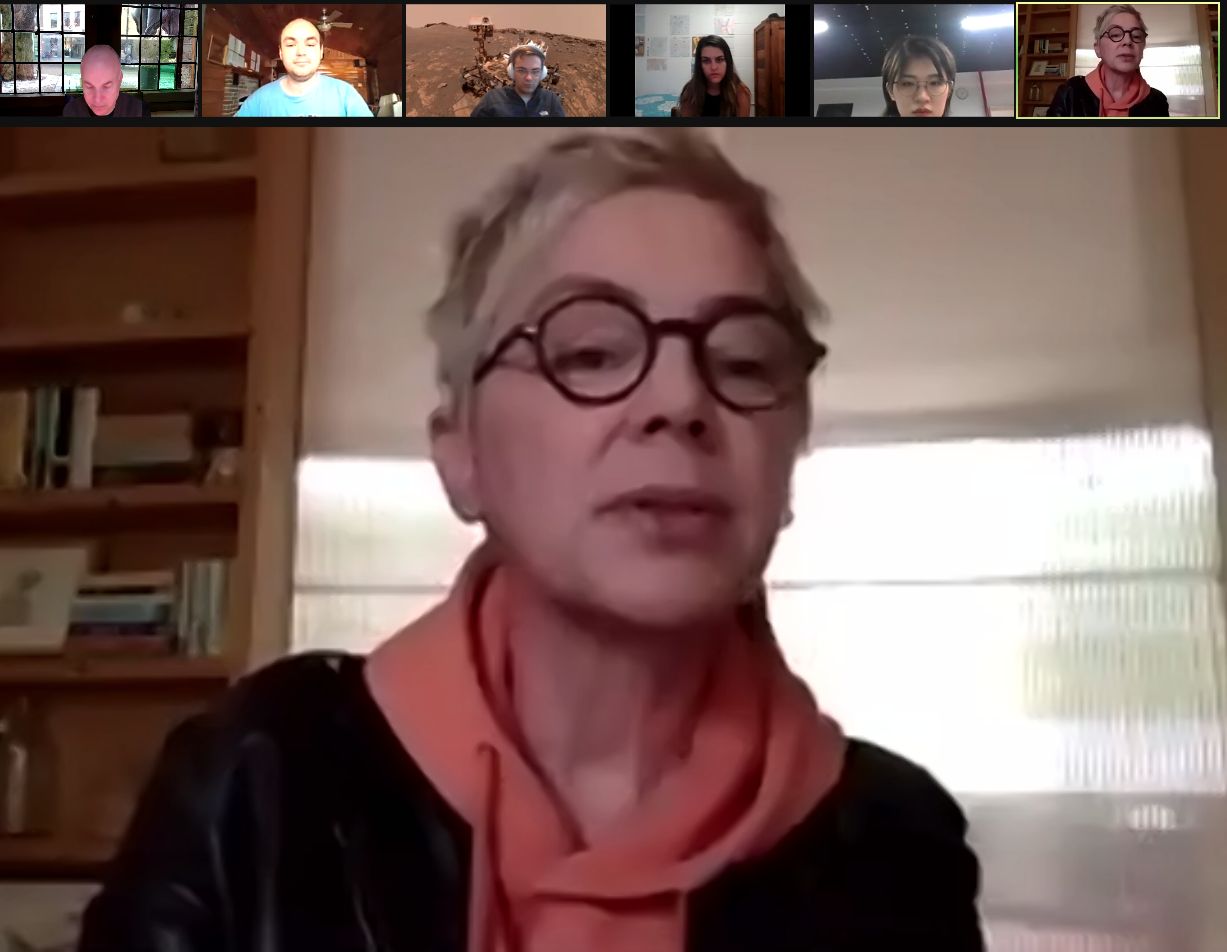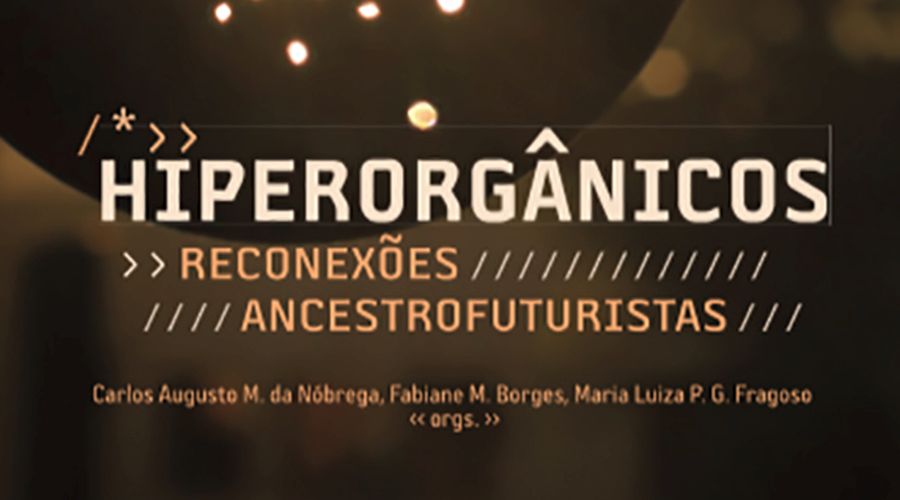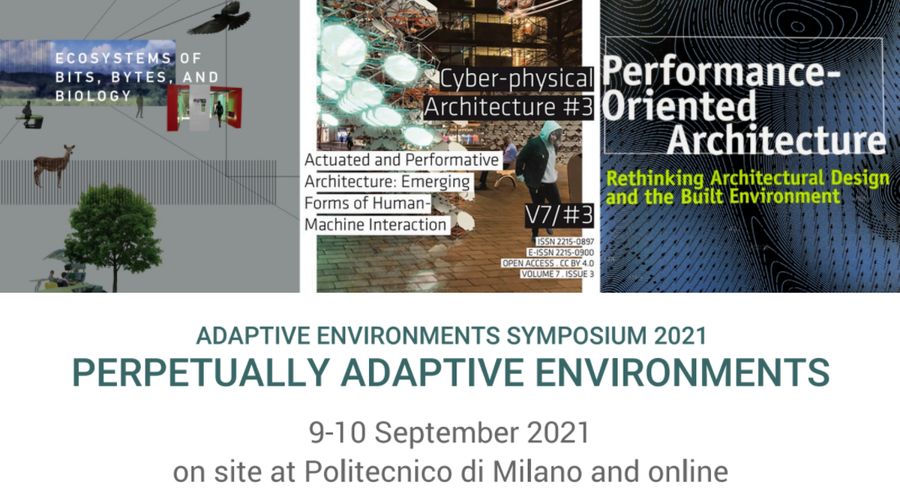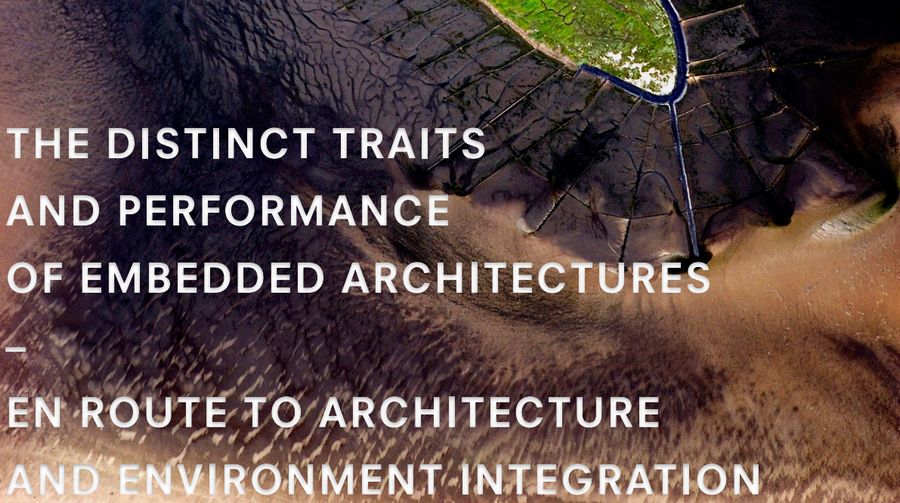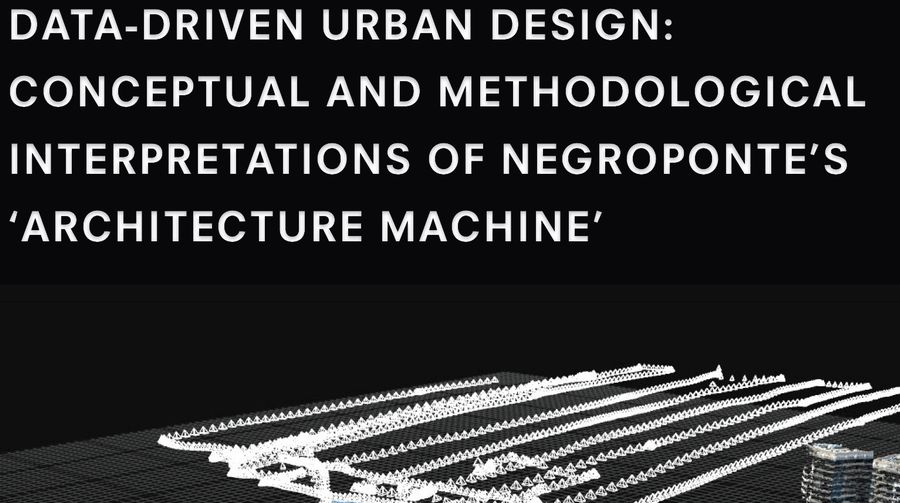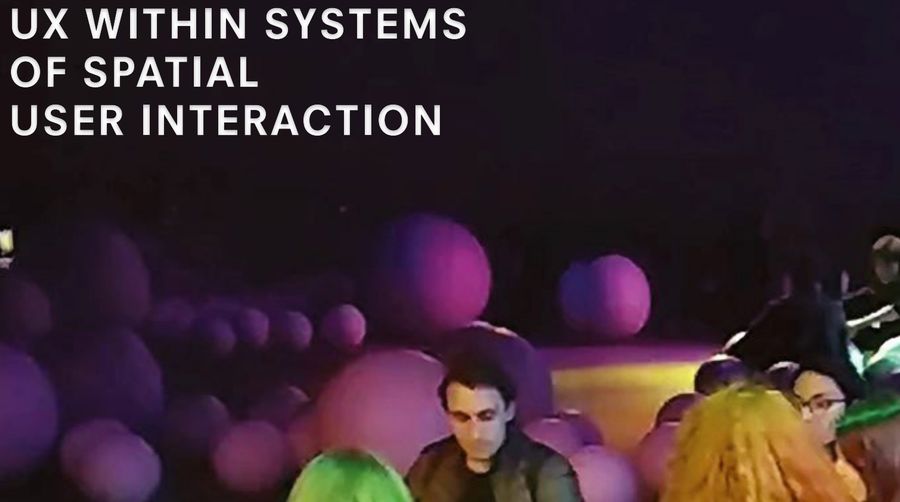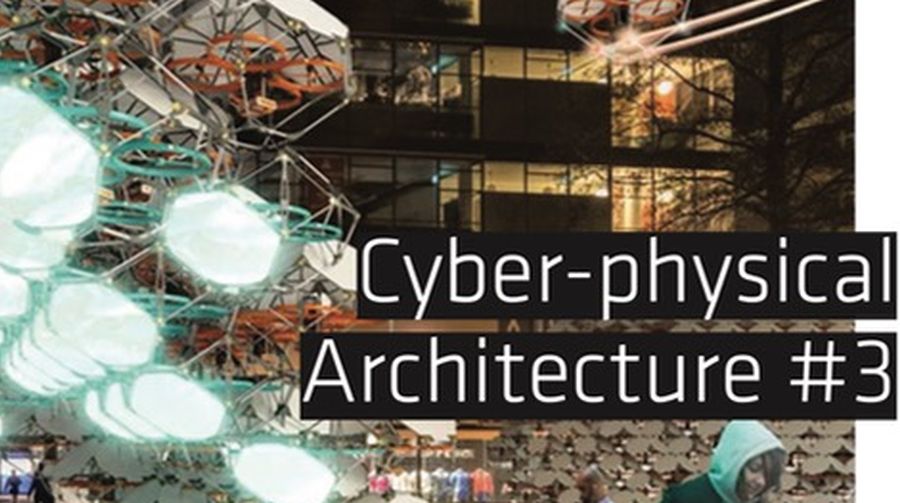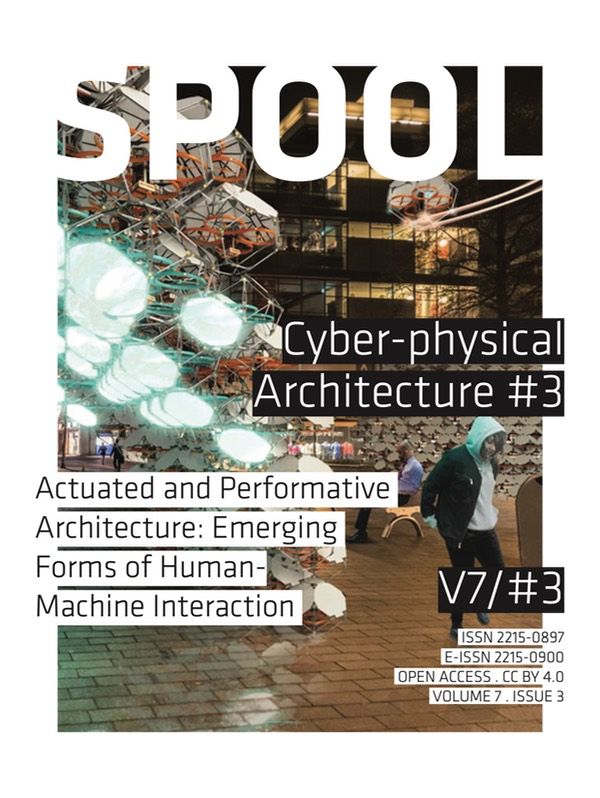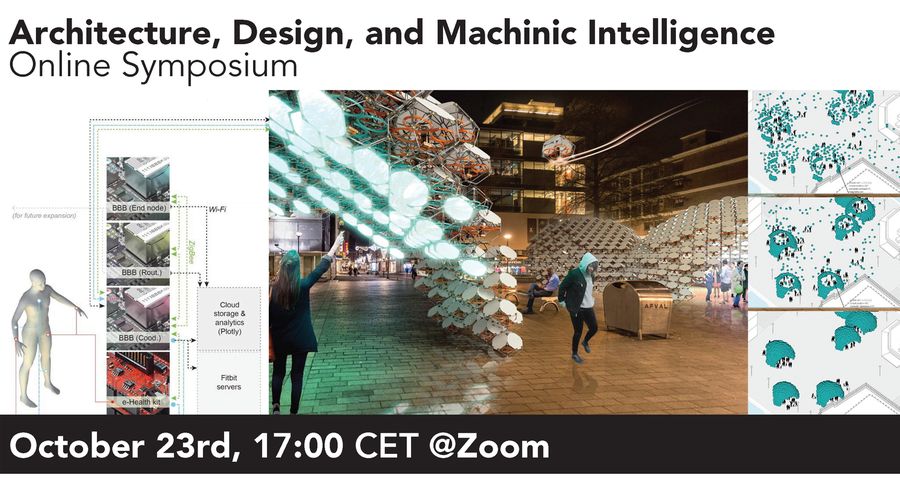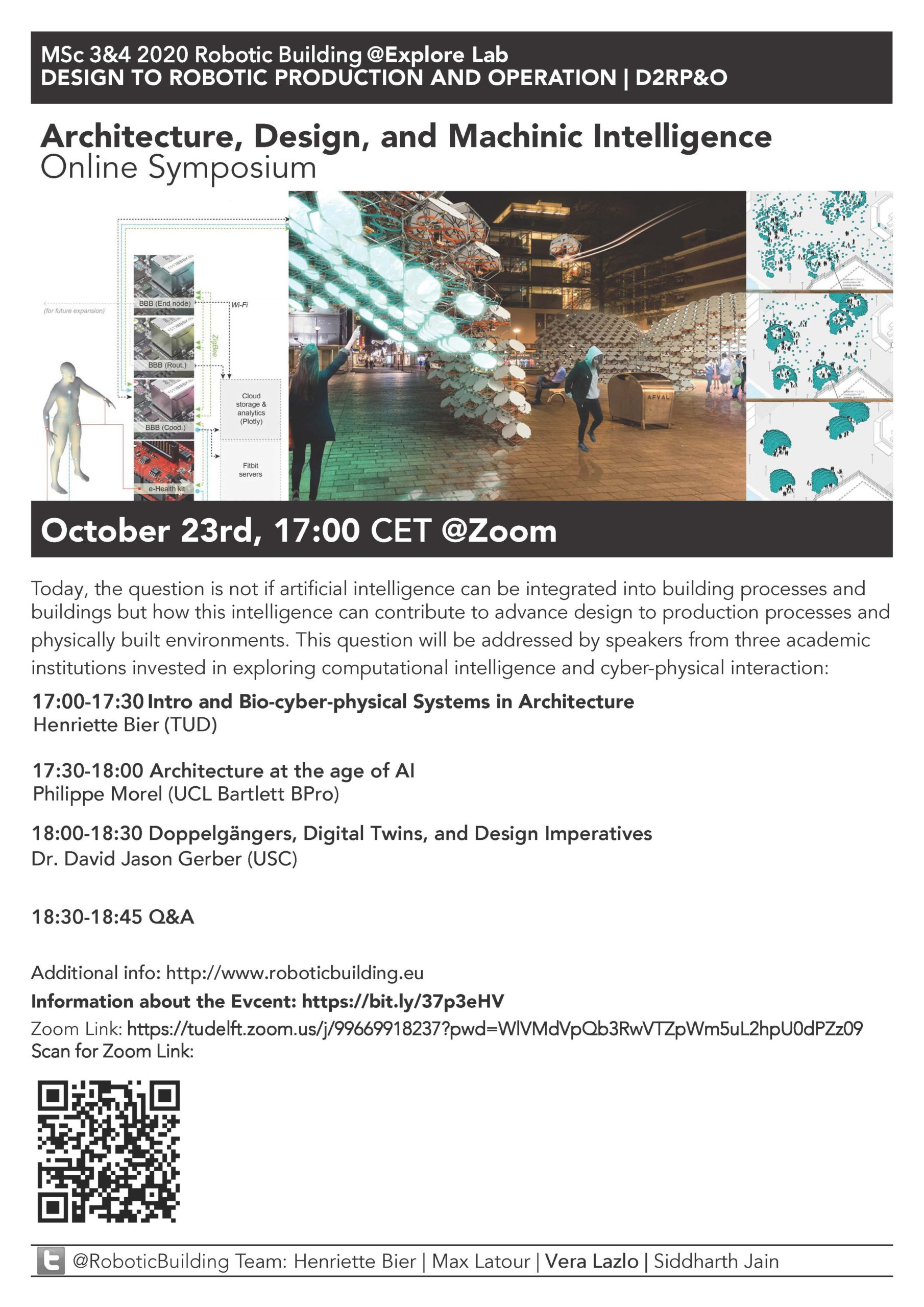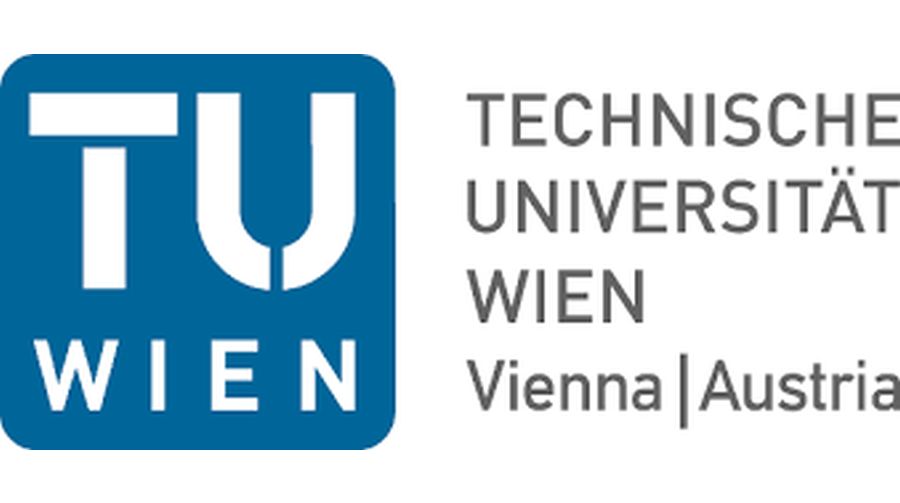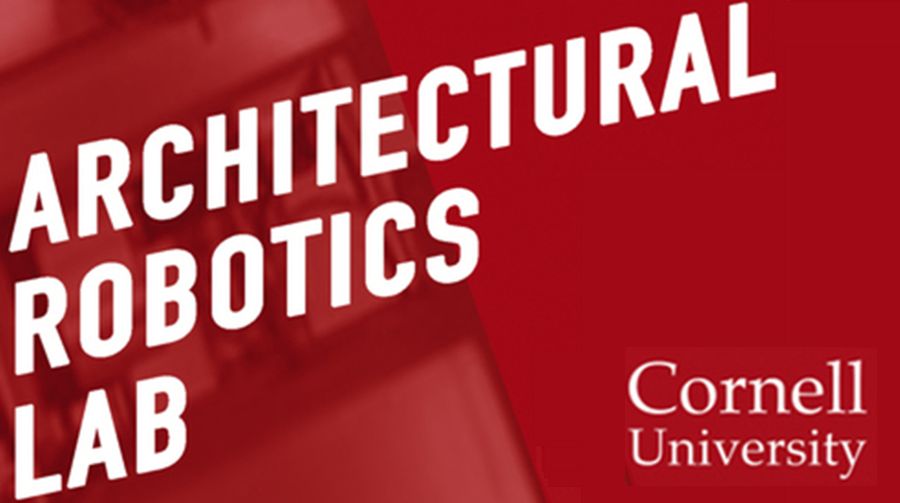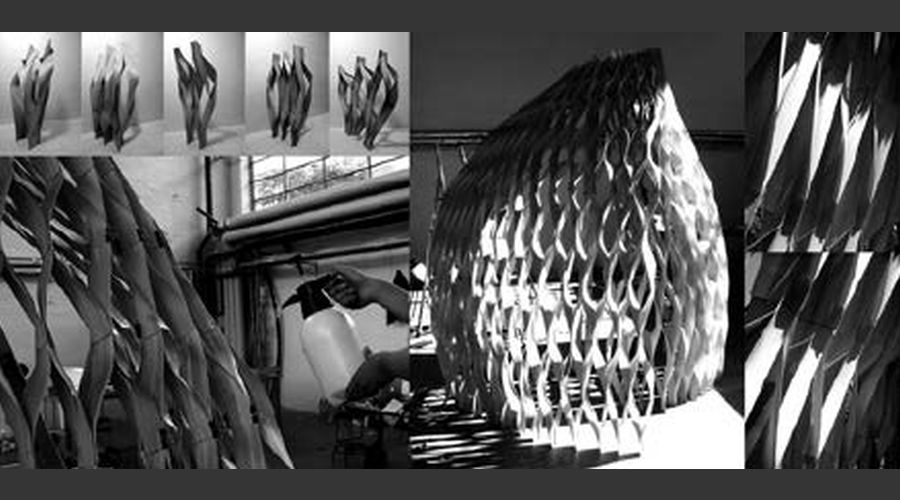Uncategorized
Henriette Bier and the Robotic Building lab at TU Delft organise a symposium on ‘Perpetual Adaptation’ together with PoliMi, TU Vienna, and Cornell.
ORGANISERS
Members of Adaptive Environments network (http://adaptive-nvironments.eu/about/): Henriette Bier, TU Delft; Margherita Pillan, Politecnico di Milano; Michael Hensel, TU Wien; Keith Evan Green, Cornell
THEMES
Human and non-human agency
Artificial Intelligence (AI) and robotics in the built environment Environmental informatics
ABSTRACT
Perpetually adaptive environments define a new research frontier at the interface of architecture and design, computing, robotics, and behavioral sciences. Such adaptive environments are responding in real-time to human needs and opportunities, environmental changes, and other internal and external input. Their design as bio-cyber-physical systems requires integration of physical and virtual architectures with digital systems and social organizations.
Previous research in the emerging research domain of adaptive environments has investigated Actuated and Performative Architecture: Emerging Forms of Human-Machine Interaction (Pillan et al., 2020), Apparatisation in & of Architecture (Lee and Bier, 2019), Robotic Building (Bier, 2018; 2017), and Architectural Robotics (Green, 2016).
This Adaptive Environments symposium turns to questions of (1) artificial intelligence and robotics embedded in the built environment; (2) perceptions of human and non-human agency in such environments; and (3) environmental informatics.
Of particular interest to the symposium include but are not limited to topics such as:
- Interdisciplinary approaches for computational, multi-domain and trans-scalar modelling that integrate planning and design scales from the territorial scale to the building scale.
- Case studies for urban and natural environments requiring, on the one hand, computational modelling and high precision monitoring strategies and on the other hand robotics for the production and operation of such environments. In this context, sensor-actuators are introduced to facilitate communication and exchange between artificial and natural agents by creating bio-cyber-physical feedback loops.
- Speculative investigations into how Artificial Intelligence (AI) and robotics bring built environments “to life”.
Authors of accepted papers will be encouraged to develop their papers as chapters for a volume In the Spring Book Series, Adaptive Environments (https://link.springer.com/bookseries/15693) edited by the ymposium organizers.
PROGRAM
Activities and presentations will be blended combining online and off-line means. Presentations are scheduled to take place 20 minutes followed by 10 minutes Q&A.
PRESENTATIONS
9th Sept. 2021
Join Zoom Meeting
https://us02web.zoom.us/j/86856582641?pwd=ei8vbWhQbzVEWWhaSERQNzl3N3RJQT09
Meeting ID: 868 5658 2641
Passcode: 895749
14:00-14:10h Intro and moderation (Henriette Bier, Margherita Pillan and Michael Hensel)
14:10 14:40h Jeroen van Ameijde (CUHK): Data-driven Urban Design
14:40-15:10h Katia Perini (UniGe) and Ata Chockhachian (TUM): Informed Urban Environments
15:10-15:40h Umberto Fugiglando (MIT): The City that Senses and Responds: How Data Can Drive Interdisciplinary Connections to Foster Ecological Solutions
15:40-16:10h Coffee break
16:10- 16:30h Sebastian Vehlken (Leuphana University): Dual Environmentality. Towards a Media Ecology of Oceanic Habitats
16:30-17:00h Verena Vogler (Bauhaus University, Weimar; McNeel): Designing Artificial Coral Reefs
17:00-17:30h Pierre Oskam and Henriette Bier (TUD): Bio-cyber–physical Planetoids
17:30-18:00h Erica Parisi (UniFi) and Jakub Tyc (TU Wien): Data acquisition & Data integration: The Case of High-altitude Viticulture in Lamole
10th Sept. 2021
Join Zoom Meeting
https://us02web.zoom.us/j/89956384698?pwd=Wm9HcUtyeWpLZHpObGRqY1g0MFRMZz09
Meeting ID: 899 5638 4698
Passcode: 125708
14:00-14:10h Intro and moderation (Henriette Bier, Margherita Pillan and Keith Green)
14:10 14:40h Cédric Pruski (LIST) and Defne Sunguroglu Hensel (TUM): Data & Information Modelling
14:40-15:10h Georg Vrachliotis (TUD): Re-thinking “The Responsive House”, 1972
15:10-15:40h Margherita Pillan and Andrea Bonarini (Polimi): Inquiring the impact of AI on the design of responsive and interactive spaces
15:40- 16:10h Coffee break
16:10-16:40h Hamed Alavi (UniFri): Indoor Air Quality Forecast in Shared Spaces– Predictive Models and Adaptive Design Proposals
16:40-17:10h Ni Zhang (Cornell): SORTing Things Out: A Multi-Agent, Wall Climbing Organizer-and-Delivery System for Living Spaces
17:10- 17:30h Closing of symposium
17:30-18:30h Restricted meeting of AE network
12th May, 13:00h, The Distinct Traits and Performance of Embedded Architectures – En Route to Architecture and Environment Integration
Zoom: https://tudelft.zoom.us/j/97586666953
Michael Hensel, TU Wien
Bio:
Univ. Prof. Michael U. Hensel PhD is a registered architect, partner in the practice OCEAN Architecture | Environment, and founding member of the experimental design network OCEAN net. He is a founding and steering board member of the LamoLab Research Center and series editor of the Springer Nature book series Designing Environments. He heads the research department for Digital Architecture and Planning at Vienna University of Technology, where is board and faculty member at the interfaculty Center for Geometry and Computational Design and member of the Center for Computational Complex Systems. His work is located at the intersection between architecture, landscape architecture, urban design, ecology, sustainable development, and data- and computer-science especially in areas of higher complexity. He taught at notable schools and universities including the Architectural Association School of Architecture in London, Berlage Institute Amsterdam & Rotterdam, Technical University in Munich, Rice University in Houston and University of Technology Sydney. He was founding and acting director of the Research Centre for Architecture and Tectonics in Oslo, innovation fellow at the University of Sydney, honorary fellow of the Institute of Advanced Studies at the Technical University in Munich, and senior resident at Polytechnic University of Milan.
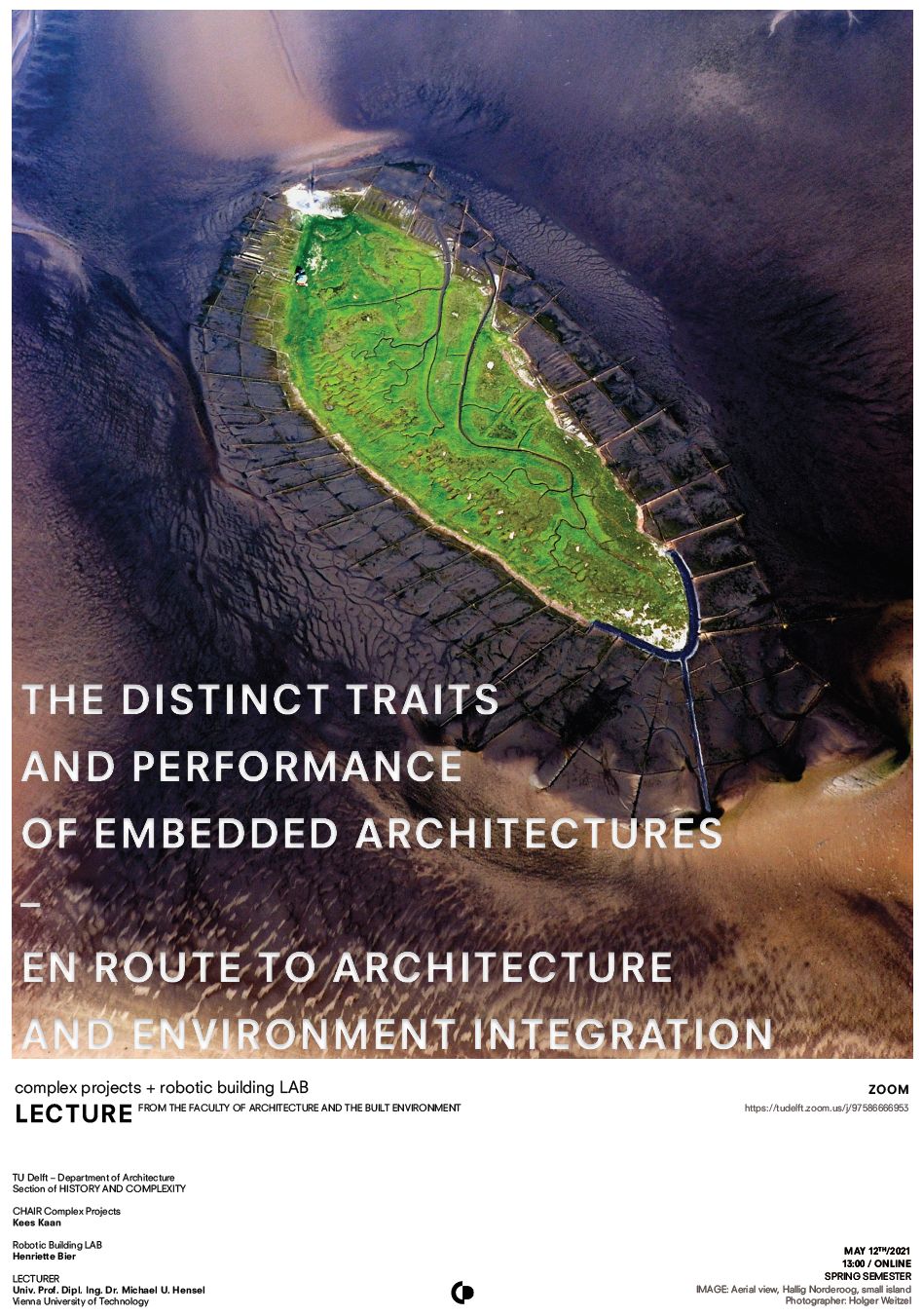
28th April, 13:00h, Data-driven Urban Design: Conceptual and Methodological Interpretations of Negroponte’s ‘Architecture Machine’
Zoom: https://tudelft.zoom.us/j/97586666953
Jeroen van Ameijde, The Chinese University of Hong Kong
Bio:
Jeroen van Ameijde is Assistant Professor at the School of Architecture, the Chinese University of Hong Kong, teaching and conducting research in architecture, urban analytics and data-driven design. Before joining CUHK, he taught at the Architectural Association in London, as well as at The Bartlett, UCL, and the University of Pennsylvania. He has over ten years of experience as practicing architect and urban designer, including as a partner and director at Urban Systems Office, where he coordinated the design and development of several large-scale residential, mixed-use and master planning projects.
Jeroen’s research interests focus on the intersection between urban studies and urban design, and how the analysis and planning of social, cultural and economic activities can be guided through computational methods for data management and design testing. He explores generative design methodologies to test programmatically complex urban and architectural proposals, as well as urban modelling techniques to speculate on processes of future urban development. He has published and lectured internationally and has taught or coordinated workshops in collaboration with numerous universities. His recent research work includes studies into urban regeneration in Shenzhen and Hong Kong, as well as environment-behaviour, estate planning and placemaking studies related to Hong Kong’s public housing.
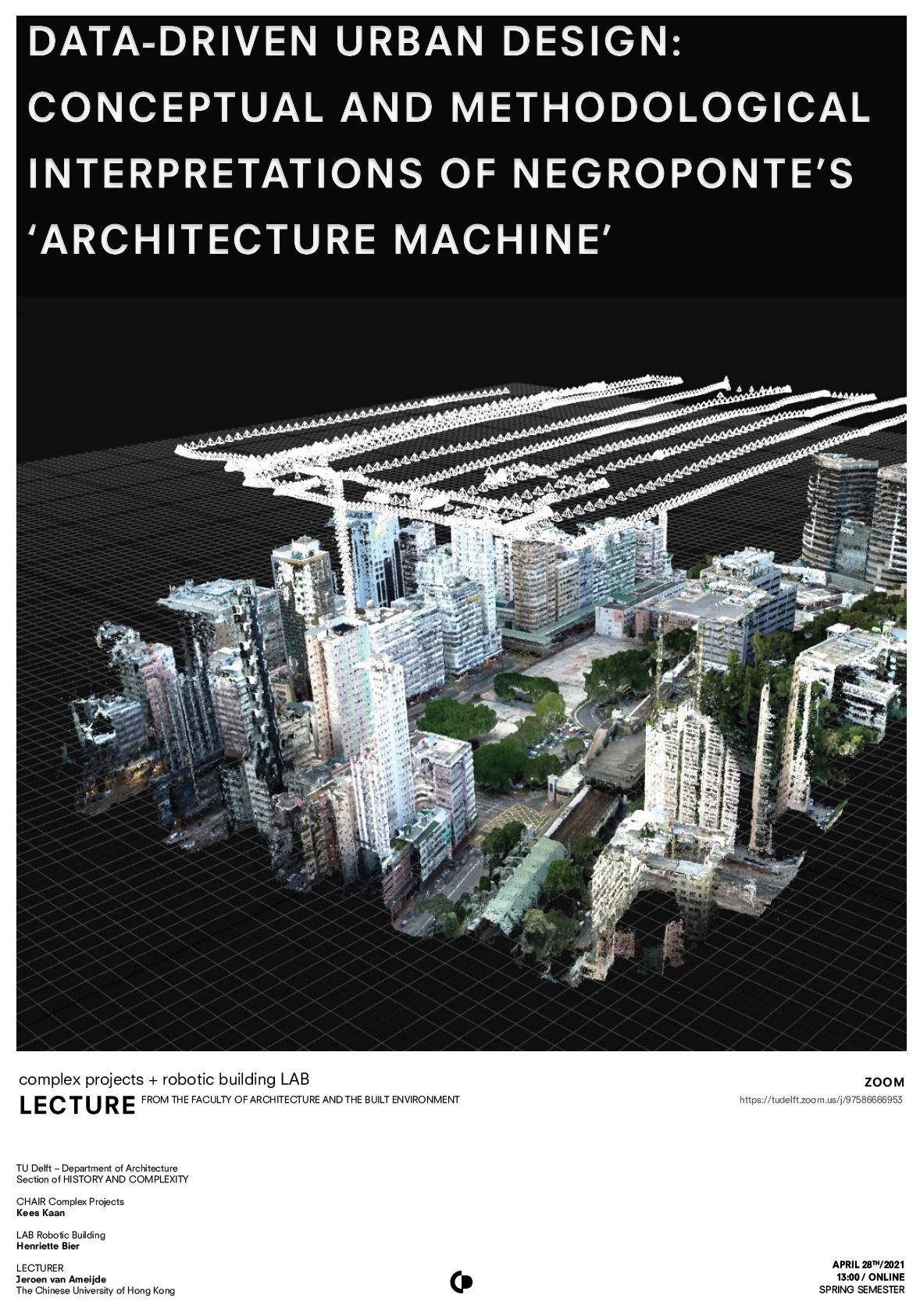
21th April, 13:00h, UX within Systems of Spatial User Interaction
Zoom: https://tudelft.zoom.us/j/97586666953
Milica Pavlovic, KU Leuven
Bio:
Milica Pavlovic is a postdoctoral research associate at the eMedia Lab, working on design research projects for tangible and embodied interactions for various applications. Milica holds a PhD degree in Interaction and Experience Design from Polytechnic University of Milan, where she worked as a research fellow and teaching assistant. She developed her doctorate research in collaboration with the Joint Open Lab Digital Life and Services Innovation Department from TIM S.p.A.
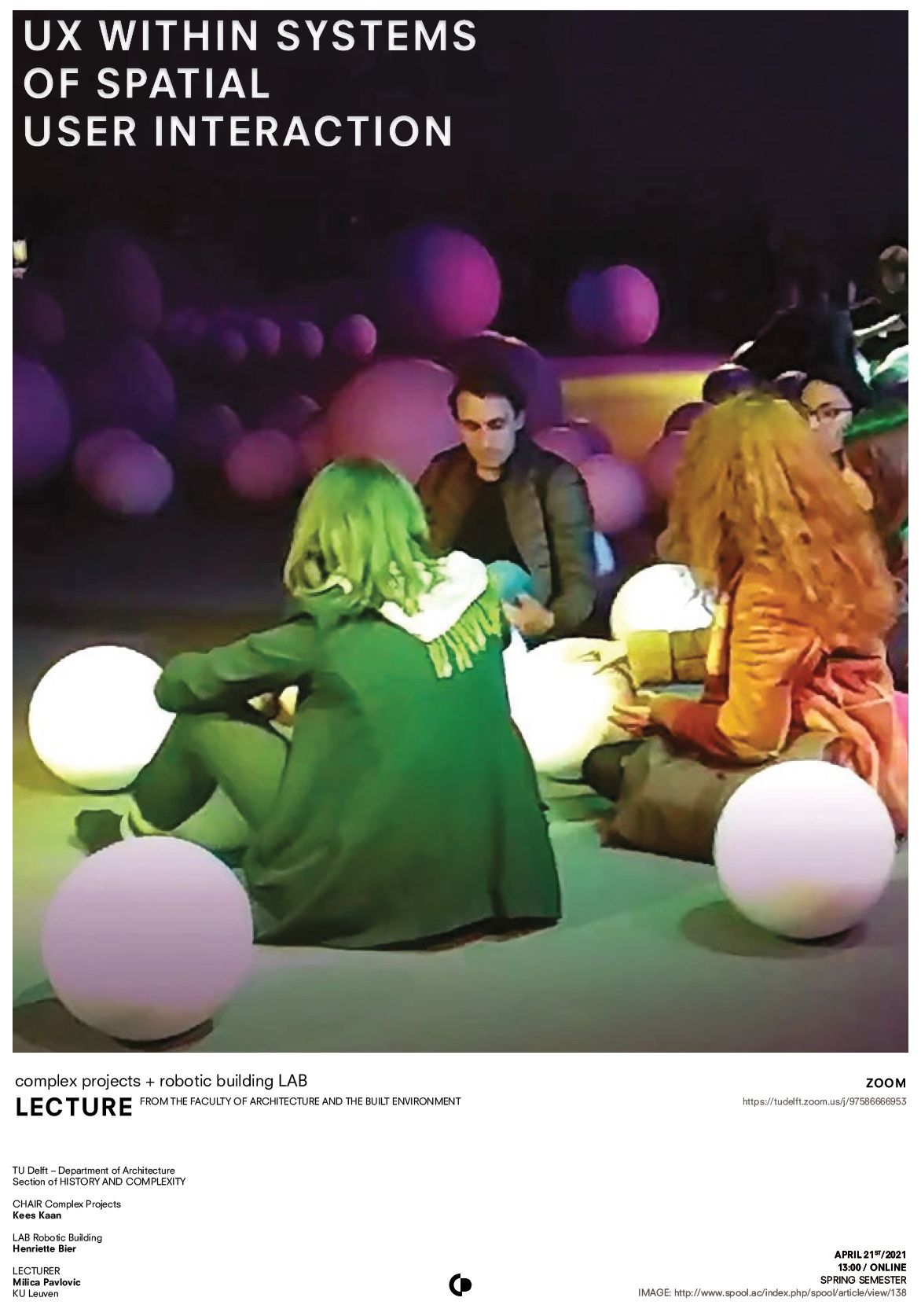
Spool Cyber-physical Architecture #3 on Actuated and Performative Architecture: Emerging Forms of Human-Machine Interaction has just been published!
23rd October the Architecture, Design, and Machinic Intelligence Online Symposium takes place with invited guests from UCL/ENASPM and USC.
Zoom Link: https://tudelft.zoom.us/j/99669918237?pwd=WlVMdVpQb3RwVTZpWm5uL2hpU0dPZz09
Abstract:
Today, the question is not if artificial intelligence can be integrated into building processes and buildings but how this intelligence can contribute to advance design to production processes and physically built environments. This question will be addressed by speakers from three academic institutions invested in exploring computational intelligence and cyber-physical interaction
Schedule:
17:00-17:30 Intro and Bio-cyber-physical Systems in Architecture
Henriette Bier (TUD)
17:30-18:00 Architecture at the age of AI
Philippe Morel (UCL Bartlett BPro)
18:00-18:30 Doppelgängers, Digital Twins, and Design Imperatives
Dr. David Jason Gerber (USC)
18:30-18:45 Q&A
About the Speakers:
Henriette Bier (TUD)
TITLE:
Bio-cyber-physical Systems in Architecture
ABSTRACT:
Today’s physical-digital continuum challenges architects to envision buildings and building processes as bio-cyber-physical systems that rely on interactions between human and non-human agents. These operate as multi-agent systems consisting of autonomous entities, which act towards achieving goals together by perceiving through sensors and by acting through actuators in all phases from design to production and operation of physically built environments.
BIO:
http://www.roboticbuilding.eu/about/who/henriettebier/
Philippe Morel (UCL Bartlett BPro)
TITLE:
Architecture in the age of AI
ABSTRACT:
Artificial intelligence systems have long sought a logic of knowledge, in line with the “logic of thought” of G. Boole which has led to the exceptional progress known to all in both the formalization of this thought and in its technological development, namely the computer. However, if it was possible to define rules of thought, it was much more difficult to encode all the knowledge accumulated over thousands of years by the human species, to allow expert systems to compete with it and to provide good answers to often trivial questions …
The Internet has turned all this upside down since knowledge was now formalized – or at the very least available and structured – online, as Wikipedia attests. We would therefore no longer need the thousands of programmers coding partial knowledge in expert systems, but “only” a new paradigm making it possible to suck up online knowledge (which we assume that it reflects knowledge of humanity as a whole). This is what the Google Knowledge Graph has accomplished, and more recently the GPT-2 and GPT-3 type systems.
In view of the practical efficiency of this last GPT-3 system, and because ultimately all the architectures that could be created by humans for a few thousand years are potentially already created by artificial intelligences, we will ask in our intervention, beyond its practical utility, the question of the conceptual relevance of architecture.
BIO:
Philippe Morel is an architect and theorist, co-founder of EZCT Architecture & Design Research (2000) and initiator and founding CEO of the large-scale 3D-printing corporation XtreeE (2015). He is currently a visiting teaching fellow at UCL Bartlett and an Associate Professor at the École nationale supérieure d’architecture Paris-Malaquais, where he headed the Digital Knowledge department (co-founded with Pr. Girard).
David Jason Gerber (USC)
TITLE:
Doppelgängers, Digital Twins, and Design Imperatives
ABSTRACT:
As we embrace the evolving cyber physical social of the built environment, and as we pivot to address the growing set of design imperatives, we must explore architecture as a solution space, as a metier of leadership and creative agency for change. Through a deep interest in the development of digital twins that are stridently goal driven we can foster a dialogue of purpose, of transdisciplinary innovation, and of trans-binary approaches to the design and stewardship of the built environment.
BIO:
Dr. Gerber holds a joint appointment at USC’s Viterbi School of Engineering and the USC School of Architecture as an Associate Professor of Civil and Environmental Engineering Practice and of Architecture. Dr. Gerber is also the program Director for the Civil Engineering Building Science undergraduate program and the program Director for the Masters in Advanced Design and Construction Technology Program. He teaches in both the Viterbi School of Engineering and the School of Architecture.
Dr. Gerber’s professional experience includes working in architectural, engineering and technology practices in the United States, Europe, India and Asia for Zaha Hadid Architects in London; for Gehry Technologies in Los Angeles; for Moshe Safdie Architects in Massachusetts; The Steinberg Group Architects in California; and for Arup as the Global Research Manager. Dr. Gerber’s research has been industry, fellowship, and NSF funded and is focussed on the development of innovative systems, tools, methods for design of the built environment. He currently advises, and co advises PhD students from Architecture and Engineering on topics that integrate computer science, robotics, engineering, with architecture.
Henriette Bier lectures on Cyber-physical Architecture in the event series Emerging Fields at TU Vienna.
30th September 14:30 CET, Henriette Bier lectures online to students from Architectural Robotics Lab at Cornell
https://arl.human.cornell.edu/linked%20docs/Henriette%20Bier%20Talk%20for%20Cornell%20ARL.pdf
TITLE:
Bio-cyber-physical Systems in Architecture
ABSTRACT:
Today’s physical-digital continuum challenges architects to envision buildings and building processes as bio-cyber-physical systems that rely on interactions between human and non-human agents. These operate as multi-agent systems consisting of autonomous entities, which act towards achieving goals together by perceiving through sensors and by acting through actuators in all phases from design to production and operation of physically built environments.
